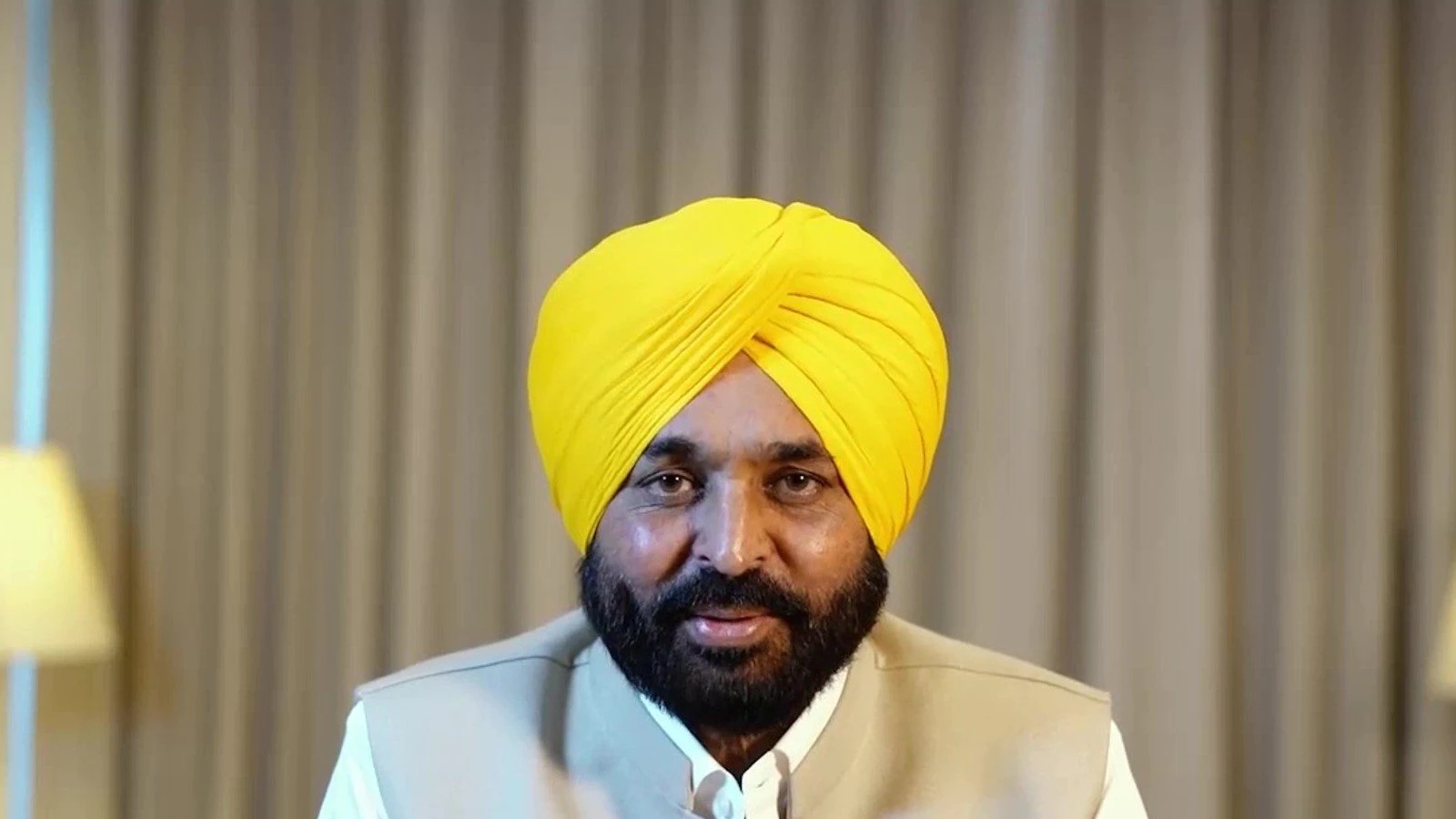This year’s assembly elections have signalled two significant political undercurrents. The first has been the ugly display of post-ideology politics marked by endless cross-party defections. What has happened during the election season has been an extension of the massive exodus of fortune seekers whose only concern is the host party’s ability to provide election ticket and position.
As per an Association of Democratic Reforms (ADR) report, 443 MLAs and MPs had quit their parties and re-contested on their host party’s ticket between 2016 and 2020. If one includes those who did not contest, the figure would be higher. In Goa, 60 per cent of the MLAs changed parties. Punjab MLA Balvinder Singh Laddi switched parties four times in two months. Within days of joining TMC, former Congress leader Sushmita Dev was made a Rajya Sabha member. The BJP rewarded 10 of 16 Congress defectors in Karnataka with ministership. A dozen Congress-NCP defectors were first in the list of BJP candidates in Maharashtra polls—another sign of bargain for power and quid pro quo. In Maharashtra, where hopes are fading for a BJP return, many BJP leaders have joined the Shiv Sena. Hours after Amit Shah’s visit in February last year, seven BJP councillors joined Shiv Sena and six others later. West Bengal had had a spate of defections from Trinamool Congress to the BJP, including four ministers and 13 MLAs. Most of them scurried back after Mamata Banerjee retained power.
For today’s politicians, power is of the essence, while ideology, political commitment and loyalty vary with the electoral weather. The party system that existed even until a decade back is under challenge. It is more like business executives seeking better career options. Politics has become purely transactional. Karnataka deputy speaker Anand Mamani has put the post-ideology politician’s mindset in black and white. He threatened to resign if he is not made a minister. Another BJP MLA warned that unless he was given chairmanship of a better board or corporation, he would quit. Last October, a BJP minister and his MLA son in Uttarakhand joined the Congress because the son was denied ticket.
The crisis of confidence is so acute that the AAP got legal affidavits of loyalty signed by all its Goa candidates and photographed in presence of party chief Arvind Kejriwal. The Congress took all its 37 Goa MLAs for a loyalty oath “in the name of God” at a temple, church and mosque and later got a signed legal affidavit. A similar oath was administered in Manipur. Apparently, all this is intended to thwart post-poll defections. Defection- induced regime changes happened in Manipur, Arunachal Pradesh, MP, Assam and Tripura.
There have been two concomitant developments. The first is the narrowing of distinction between political parties—in working style, personalized party control and political pressures. The second is the ideological and policy compromise to suit imperatives of power. Watch how Uddhav Thackery has so well diluted Shiv Sena’s aggressive Hindutva to accommodate his secular allies like Sharad Pawar. Former Punjab CM Amarinder Singh dumped his Congress-era secularism days after meeting Amit Shah. Delhi CM Kejriwal has been more ardently pandering to deshbhakti and majoritarian religiosity than Thackeray.
The other undercurrent that went unnoticed was the introduction of tele-survey to decide CM nominees. The AAP in Punjab was the first experiment with it. The party contacted over 29.59 lakh people on a dedicated mobile number. Respondents were asked to record their voices and send a text message or WhatsApp the name of their candidate. The survey found Bhagwant Singh Mann enjoyed the highest amount of support and everyone accepted it. This prompted the Congress to conduct its own tele-survey through interactive voice of response calls. This was to make it transparent. Apart from contacting 1.5 crore people from the general public, the party’s coordinators sought the views of all Congress MPs, MLAs and blocks, district and PCC leaders. The outcome showed Charanjit Singh Channi enjoyed more support. The findings were so compelling that Navjit Singh Sidhu also accepted them.
The tele-survey may not be totally foolhardy. But it certainly marks a departure from the system of Delhi bosses imposing their favourites on the elected MLAs. For the first time, the party ranks have forced the high command to adopt a democratic procedure. This comes in the background of a decade of sharp decline in internal democracy across political parties.
Organizational bodies were made dormant. Internal discussions and seeking MLA’s preferences were seen was as sign of “weak” leadership in Uttarakhand, CMs were seen being changed three times in four months. Tirath Singh Rawat was seen CM for just 116 days. In Gujarat, Vijay Rupani was suddenly removed as Gujarat CM and was replaced by a junior loyalist, much to the chagrin of deputy CM Nitin Patel. Even Karnataka strongman B S Yediyuappa was not spared.
The urge to be assertive was so strong that even that even the amiable Rahul-Priyanka team began replacing the Congress CMs. In September, it was Amrinder Singh. The Chhattisgarh CM had to make three Delhi visits with his MLAs to escape the axe. Even fairly stable Rajasthan CM was on the hit list. Clearly, democratic procedures, like tele-surveys, are still unlikely to gain universal traction. (IPA Service)



 Mann clears 25,000 govt jobs in first decision
Mann clears 25,000 govt jobs in first decision 